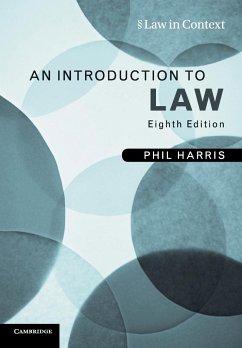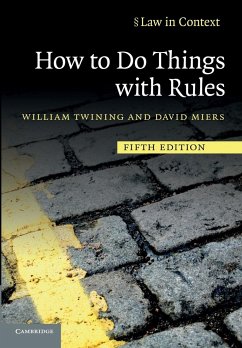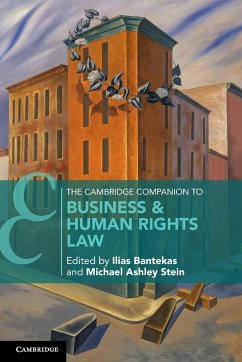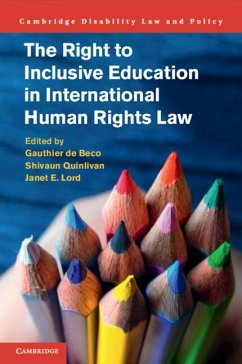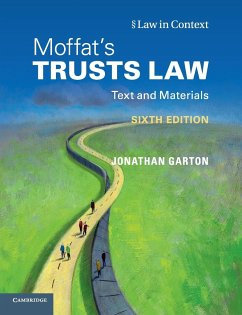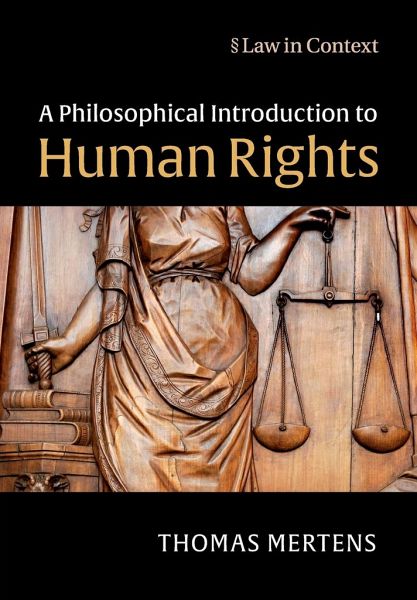
A Philosophical Introduction to Human Rights
Versandkostenfrei!
Versandfertig in 1-2 Wochen
39,99 €
inkl. MwSt.

PAYBACK Punkte
20 °P sammeln!
Everybody has heard of human rights. But what are human rights, where do they originate and what do they mean? This book answers these questions, offering a multifaceted introduction to legal philosophy. The 1948 Universal Declaration of Human Rights provides the frame for engaging with western legal philosophy across the ages.






